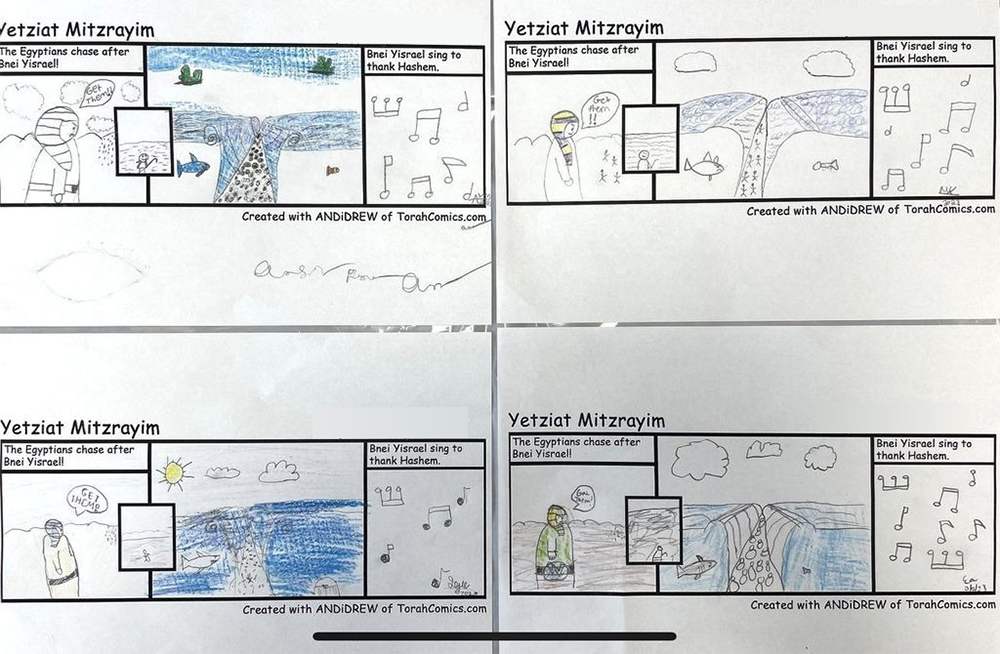In the best selling book “Good to Great,” Jim Collins writes, “Those who build great companies understand that the ultimate throttle on growth for any great company is not markets, or technology, or competition, or products. It is one thing above all others: the ability to get and keep enough of the right people.”
To hire the right people, you must develop effective selection skills. Conducting a job interview looks easier than it is. According to studies based on the employment records of thousands of management and line employees, little or no correlation exists between the “positive reports” that emerge from the typical job interview and the job performance of the candidates who receive those glowing reports. However, this correlation goes up dramatically whenever interviewing becomes a structured, well-planned process—one that’s integrated into an organization’s overall staffing practices.
Over the years, I have conducted numerous interviews and trained managers on effective interviewing and selection techniques. Following are a few tips to help you get started.
Before the Interview
Know what you need. Determine the key competencies required for the job before you interview a candidate. Write a job description and ask your coworkers for feedback. Create a list of questions for the interview. For example, if you are hiring someone for the business office of a nonprofit, think about the type of questions that will help you determine whether the person has good nonprofit accounting knowledge and organizational skills.
Advertise the position. Don’t just advertise in your local newspaper—cast your net even further!
Look at what works. What personality traits make someone a good fit for your culture? Is your organization laid back or formal? Do people work 9 to 5 or around the clock? Ask questions that will help you determine whether the candidate will adapt well to your organization’s culture.
Schedule multiple interviews. Conduct 15-minute telephone interviews to screen out inappropriate candidates. Schedule the staff members who will work one-on-one with the candidate to interview the top candidates. Ask for their feedback.
During the Interview
Ask the right questions. Dig deep to find out whether candidates more comfortable with details or the big picture. Are they a self-starter or an order-taker? Create questions that will give you the answers you need. If time-management skills are required, for instance, you might want to ask, “What is your method for organizing your day?” Compare what each candidate says to determine who is strongest in this area.
Close your mouth and open your ears. Too often interviewers turn an interview into a “grocery list” of their wants and needs. Ask focused questions, and then listen carefully. Take notes.
Go with your gut. If you did your homework—that is, determined the key job requirements and asked questions that would ascertain if the candidate has the skills required—the hiring decision should be a natural next step.
Organize your notes. After conducting all the interviews, I recommend using a simple grid to help choose the best candidate. Simply put the names of each candidate horizontally and put the job requirements or key competencies vertically. Then make up a scale from 1 to 5, with 5 being the highest rating. Rate each candidate from 1 to 5 on each of the job requirements or competencies. The person with the highest ratings is probably your best choice.
Above all else—consider input from each of the interviewers, and trust your collective judgment. Put aside any and all stereotypes, and select the best person for the job.
By Judith Lindenberger
Judith Lindenberger gets leadership. She is the rare coach and trainer capable of coupling personal growth with professional development, which is why top companies and individuals invite her to work with them. Judy has more than thirty years of experience and is a trusted HR specialist of the highest level. Her background includes designing and facilitating the first-ever sexual harassment prevention training for federal workers, conducting a comprehensive survey on workplace bullying, leading the management training department for a major financial organization and creating a highly successful, global mentoring program for a Fortune 500 company which won the national Athena Award for Mentoring for two consecutive years. She is a certified career coach and master trainer.













